
#Sunset in #Lesvos Photo by Manolis Binos in #Vatera. theotheraegean
Study Shows a 50-Minute Walk in Nature Beats Urban Walk for Mood and Memory
Taking a walking break in a nearby park beats walking the sidewalks. This study of 60 participants found decreased anxiety,rumination and negative affect for the subjects who took a walk in a nature park. They also had increased working memory performance and preservation of positive affect.
The walk in the park both helped their mood and got them away from negative thoughts. Taking a 50-minute walk in an urban setting did not have these benefits.
90-Minute Walk in Nature Decreased Rumination – Urban Walk Did Not
Do you constantly rehash a negative experience or have trouble getting a problem out of your mind? Rumination is a destructive mental habit that is associated with risk of depression.
The Stanford researchers found that a 90-minute walk in a natural setting decreased self-reported rumination. They went further to measure this with a brain scan of neural activity in the subgenual prefrontal cortex (sgPFC), which is associated with rumination.
They found decreased activity in this brain area, confirming the self-reported results.
Walking in an urban environment did not decrease self-reported rumination or activity in the sgPFC.
“Accessible natural areas within urban contexts may be a critical resource for mental health in our rapidly urbanizing world,” the study concludes.

a walk in the chestnut forest, in Agiassos, Lesvos, Photos by Spyros Pavlis, The other Aegean, fb
Walking in a Park Affects Brain Differently From Walking in Urban Zone
Does your brain operate differently when walking in a green space compared to an urban area?
A study in Edinburgh measured how subjects’ brains reacted. They wore a mobile EEG recorder while taking a 25-minute walk through three different environments. Their walk took them first through a busy shopping zone, then into a green space, and then into a busy commercial zone.
Analysis of the brain activity showed evidence of lower frustration, engagement and arousal, and higher meditation when moving into the green space zone; and higher engagement when moving out of it.
It may be great for your mood and mental functioning to include green space along your walking routes.
The Japanese Forest Bathing
The Japanese encourage Shinrin-yoku or “forest bathing” to reduce stress and refresh the mind. They have studies that showed clinical measures of reduced stress when walking for 15 minutes in a forested park as well as spending 15 minutes viewing the forest.
A small study published in 2010 compared salivary cortisol, blood pressure, pulse rate, and heart rate variability after subjects walked in a forest area for about 15 minutes and spent 15 minutes viewing it, compared with doing the same in a city environment.
The subjects who walked in the forest had lower concentrations of cortisol (which is associated with stress), lower pulse rate,lower blood pressure, greater parasympathetic nerve activity, and lower sympathetic nerve activity compared with their measurements after walking in city environments.
The research was repeated with a larger cohort of 420 subjects. Published in 2011, this study found
- a 12.4% decrease in cortisol level,
- 7.0% decrease in sympathetic nervous activity,
- 1.4% decrease in systolic blood pressure,
- and 5.8% decrease in heart rate when either walking or sitting in a forest environment.
- Parasympathetic nerve activity increased by 55.0%, indicating a relaxed state.

Colors of #autumn in #Lesvos! Photo by Giorgos Pantas, by Lesvos the other Aegean
What a chance! An island walk
Taking a 30-Minute Easy (Park/Island) Walk
by Wendy Bumgardner, a walking expert and certified marathon coach
1. Find a Green Space: Look around your area for a park that includes trees and greenery. Even a small space can be beneficial. Use online maps and mapping apps to quickly spot parks nearby (they are usually displayed in green). If only a small area is available, include it on your walk and take a pause there.
2. Wear the Right Gear: Wear clothing that doesn’t restrict good walking form. This walk will be at an easy pace, so you could wear any shoes, but athletic walking shoes are best.
If you will be walking on a natural trail through the park, you may wish to wear trail shoes for better traction. If it has an uneven surface, you may want to use trekking poles for better balance.
3. Screens Down and Eyes Forward: You need to put away the cell phone and take out the earbuds for this walk. You will focus on the sights and sounds of the natural environment. Start with standing up and check your walking posture so you will be able to breathe fully and deeply. Good posture with head up, chin level and eyes forward will focus your attention on the natural environment.
4. Ease Into Your Walk: This walk will be at an overall easy pace. Walk at an easy pace that feels comfortable. Fall into a natural pace that at your body’s own rhythm. This may be faster or slower on different days.
5. Absorb the Sights, Sounds and Sensations Around You: Open up all of your senses as you enter the park or green space. What are you seeing? What do you hear? What smells do you detect? What do you feel on your skin and through the soles of your feet?
6. Take a Pause: Plan a stop during your walk to sit or stand and deeply observe a green space. Locate a park bench or shaded area where you have a good view of greenery. Look at the pattern of the leaves and branches against the sky. Look for flowers, birds, insects and squirrels. See the work of the wind, rain and sun on the plants around you. Observe the ground – rocks, soil, grasses, puddles. Listen for natural sounds as well as the sounds of human activity. Reach out and feel a leaf or stone.
7. Continue Your Walk: Resume your walk. You may take a new path back to your starting point or repeat the same route. You can repeat loops and see how you will detect something new each time. Make a game of finding something new each time.
8. Reflect on Your Observations: Contemplate what you have observed. How does the natural environment affect you? What memories were stirred? What new ideas or plans sprung to mind?
9. Finish and Stretch: Finish your walk and wind down with a simple stretching routine.
10. Plan Your Next Park Walk: Repeating the same walk can be beneficial, but you may also want variety. Check for other parks, green spaces and trails to explore.
Aricle Source about.com


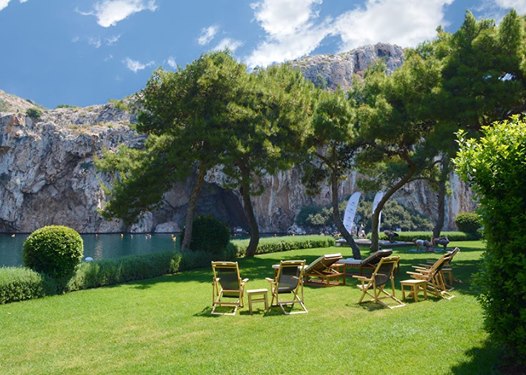







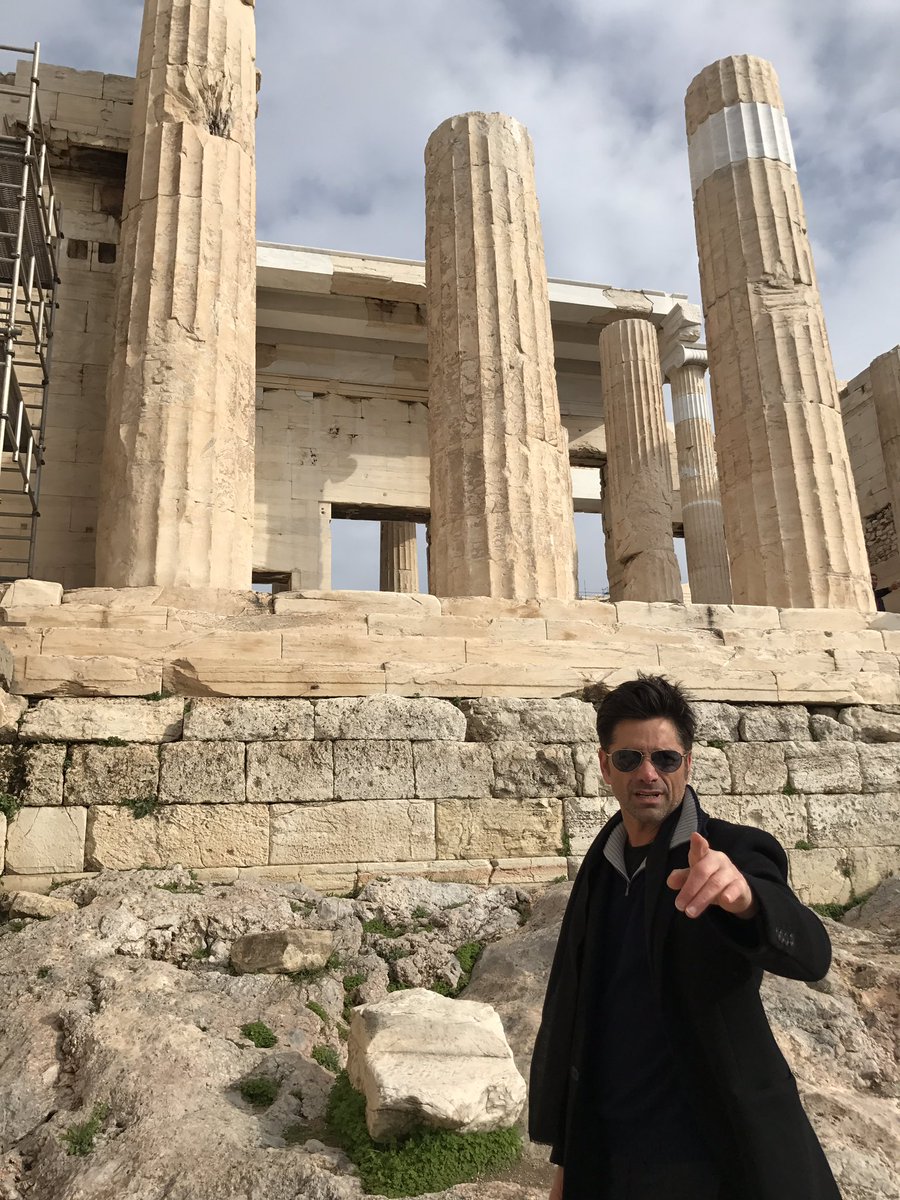















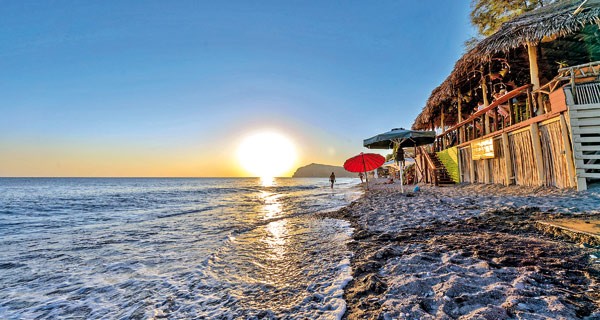
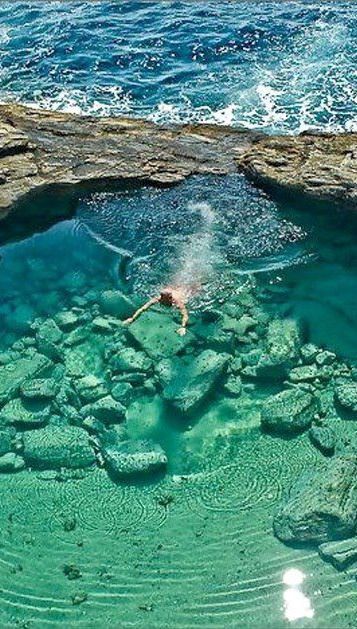

















































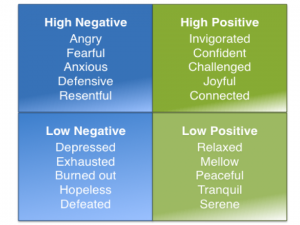











You must be logged in to post a comment.